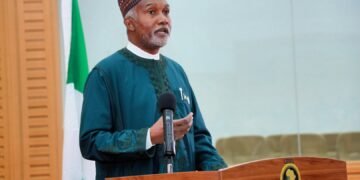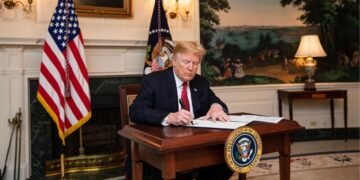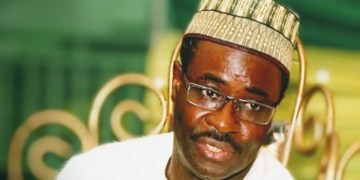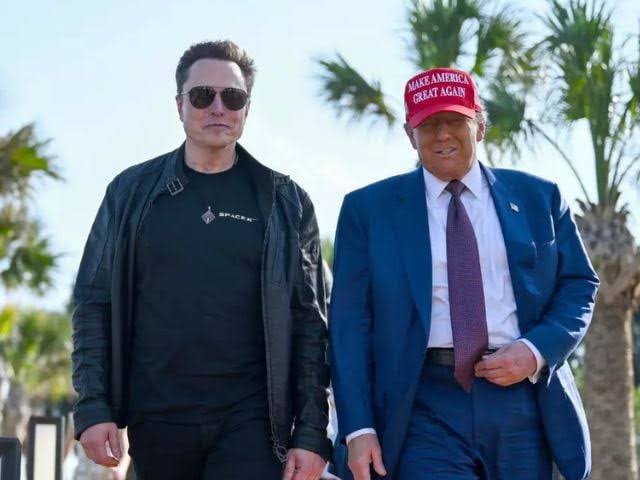By Dayo Dare
All is not well in paradise as billionaire Elon Musk and U.S. President Donald Trump have found themselves at odds in a feud that’s quickly spiraled into one of the most high-profile political clashes of the year.
The duo, once inseparable during most of Trump’s re-election campaign and even into his second term, are now locked in a bitter public fallout. The tipping point? A controversial tax policy known as the One Big Beautiful Bill (OBBB).
The bill sparked massive backlash and Musk didn’t hold back. The tech mogul not only called for Trump’s impeachment but also accused the president of appearing on Jeffrey Epstein’s infamous island. For context, Epstein, the disgraced billionaire, became notorious in 2024 after being linked to a sex trafficking ring allegedly operated from his private island. A leaked visitor list sparked public speculation, with several names redacted, prompting questions about who else might have been involved.
The fallout came as a shock to many, especially given Musk and Trump’s previous alliance. During Trump’s campaign, Musk reportedly spent over $200 million to support the president’s re-election. In return, Trump appointed Musk to head a newly created government agency the Department of Government Efficiency (DOGE).
In the early months of Trump’s second term, Musk emerged as a key figure in the administration. Under his leadership, DOGE cut thousands of federal jobs and dismantled several agencies, including the U.S. Agency for International Development (USAID). Musk’s influence became so great that jokes circulated about him wielding more power than the president himself. Still, the pair presented a united front — until now.
Cracks in their relationship began to show after a reported clash within their inner circle. To some observers, it was inevitable. Trump is notorious for turning on allies once in office, and political alliances tend to last only as long as interests align. Unfortunately for Musk and Trump, that alignment fractured.
In the following months, Musk began scaling back his involvement in DOGE. The breaking point came in late May when the OBBB was formally introduced.
“I was, like, disappointed to see the massive spending bill, frankly, which increases the budget deficit not decreases it and undermines the work the DOGE team is doing,” Musk said during an interview on CBS Sunday Morning.
The OBBB includes sweeping tax cuts that could add an estimated $3 trillion to the national debt. It also slashes electric vehicle subsidies — a major blow to Musk’s Tesla. Though Musk cited fiscal responsibility as his main concern, he didn’t mince words: he called the bill a “disgusting abomination” that would “burden American citizens with crushing, unsustainable debt.”
When lobbying behind the scenes failed, Musk went public, launching a “Kill the Bill” campaign on X:
“Call your senator
Call your congressman
Bankrupting America is NOT OK
KILL THE BILL.”
Trump appeared unmoved by the criticism. In a post on his own social media platform, he fired back:
“The easiest way to save money in our budget billions and billions of dollars is to terminate Elon’s governmental subsidies and contracts.”
Musk, in turn, threatened to accelerate the decommissioning of his Dragon spacecraft, currently relied on by NASA to transport astronauts and supplies to the International Space Station. However, just hours later, he seemed to walk back the threat, replying to a concerned user on X: “Good advice. OK, we won’t decommission Dragon.”
For now, tensions appear to have cooled. Musk has deleted some of his more inflammatory posts, and even recently made a post on X apologizing for his comments.
“I regret some of my posts about President @realDonaldTrump last week. They went too far.”
Trump on the other hand has avoided mentioning him in public appearances. But whether this marks a temporary pause or just the calm before another storm remains unclear.
Is this the beginning of the end for Trump and Musk’s political alliance or just another chapter in a volatile partnership?

































